When people ask me how long I've been living in a camper trailer, I always pause.
“Even though I know it’s been a year, it feels like much longer.”
But why does it feel that way? Why doesn't time feel the same as it did when I lived in the city?
When I was younger, I wanted to accelerate time. Most of us have stories that involve a family road trip where we asked our parents, "Are we there yet?" It's because, as children, our brains are constantly processing new information. Road trips—just like most things when we're younger—are new experiences that activate all of our senses. Suddenly we're questioning what we're seeing, thinking, feeling, hearing and smelling every second.
However, as we get older, we somehow feel this need to establish routines and create a sense of comfort in our lives. We are less in contact with new experiences, and because of that, our brains aren't processing new information as often. We equate stress and challenges with new experiences, and so we resist them and instead, opt for things that we are familiar with.
A year ago, living in a camper was a novel experience for me. And because of it being unfamiliar and outside the norm, I resisted it. I used living small as an excuse every time something didn't go my way.
“I wanted it to fail so that I could justify why other people don’t live in 140 square feet.”
When Greg and I went backpacking a few months back, I started to think about this concept of time slowing down. Each day, our only task was to walk, but at the same time, my brain was overwhelmed with new sensations.
“I noticed how my feet felt on different terrains, and I wanted to reach out and touch everything in my path.”
I became more aware of my surroundings. I stopped and pointed out when a new flower or different plant showed up in the horizon.
In our daily lives, we're distracted by text messages, emails and the latest Facebook statuses. But the wilderness doesn't care about any of that. And when you become a part of the wilderness, you realize how all those distractions are speeding up your life.
“We don’t know what it’s like to stop and think anymore. We forget how to slow down time.”
Living in a camper trailer is a similar experience to living in the wilderness. It feels like camping each day, and no two days are the same. You have to problem solve on the daily. Cooking takes a lot of focus because there's less counter space to prepare ingredients. When people come over, the camper trailer becomes a puzzle of how to best create more space.
You have to learn to be more spontaneous, and open your mind to new scenarios that will allow you to live more freely inside your space.
You start to value things that most people take for granted. When you have easy access to running water, electricity and Wi-Fi, you over consume.
“In the city, I never cared about my water and electricity use. In a camper, it’s unavoidable to notice how much little you use.”
I decided that instead of viewing this living experience as a difficult one that I was going to force myself to live through, I was going to make the best out of living in a camper trailer.
So if you're like me and feel that time is slowing down, don't equate that to mean you must be bored or lacking in experiences. I've learned that it means the exact opposite.
What's Next?
Everyone always wants to know what's next. I couldn't possibly want to live in a camper forever, right?
But the truth is, I want to continue to challenge myself to new living situations.
“I know for sure that I want to keep questioning the things that no one else does.”
If I buy a house with some land, I don't always want to live in it. I want to rent it out to people who need the space more than I do.
I know I can adapt to living in a camper, van or tent. And sometimes that's what I prefer to be my home.
“We don’t really know what’s next, and that’s okay.”
Kathleen is the founder of Tiny House, Tiny Footprint, the America Contributor for Vanlife and a writer for The Outbound.

